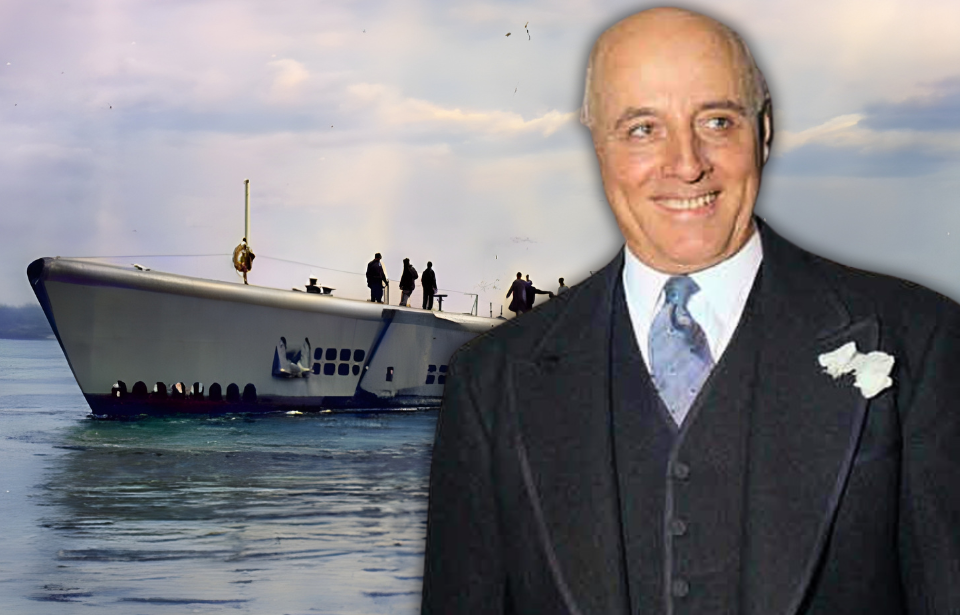During World War II, Congressman Andrew May unintentionally caused one of the most consequential security breaches of the war. After touring the Pacific theater, he held a press conference intended to boost morale and praise the Navy’s success. In his enthusiasm, May revealed a critical secret: U.S. submarines could dive much deeper than Japanese forces believed.
That offhand remark proved deadly. The Japanese quickly adjusted their depth charge settings, making them far more effective. Subsequent assessments concluded that May’s disclosure may have contributed to the loss of at least ten submarines and roughly 800 American sailors—an enduring example of how even well-intentioned words can have catastrophic consequences in wartime.
The May Incident
The United States Navy gained significant recognition for its successes after the U.S. entered WWII. Despite the Japanese efforts to destroy American vessels, Allied forces were able to dodge many attacks. This success was largely attributed to the superior capabilities of Balao-class submarines, which could dive as deep as 400 feet—beyond the depth settings of the Japanese depth charges used at the time. This advantage allowed the submarines to evade many of the Japanese counterattacks, contributing to the Navy’s effectiveness in the Pacific theater.
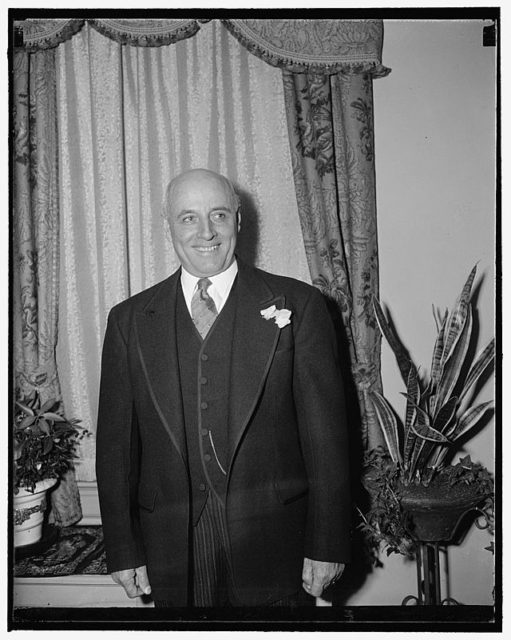
In 1943, Andrew May, chairman of the House Military Affairs Committee, toured American military sites in the Pacific Theater and was granted access to sensitive, classified information. Upon his return in June, he held a press conference where he revealed that American submarines enjoyed a high survival rate because Japanese depth charges were set to explode at insufficient depths.
This revelation quickly made its way through press wires and was published in newspapers across the United States, providing the enemy with valuable intelligence that would later contribute to significant losses for the U.S. Navy.
The fallout of a blabbermouth
“I hear Congressman May said the Jap depth charges are not set deep enough,” he said. “He would be pleased to know that the Japs set them deeper now.”
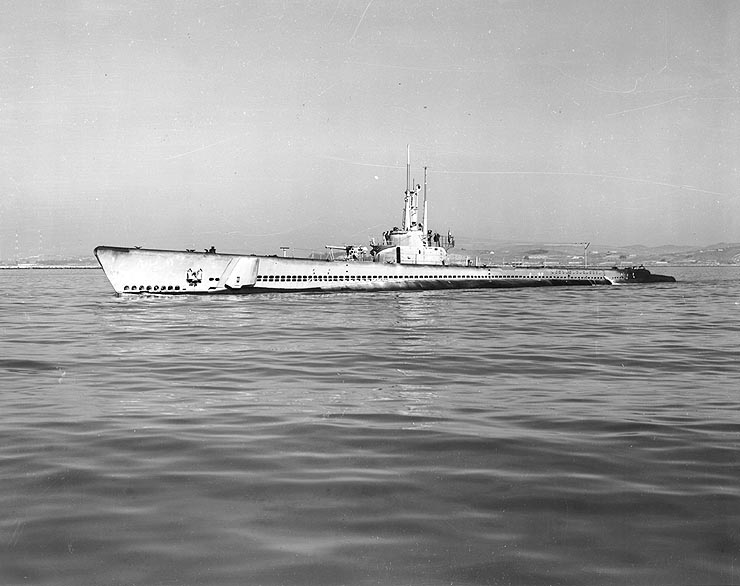
After the press conference, the Navy’s Pacific Submarine Fleet issued a report stating that Japanese anti-submarine forces still hadn’t figured out the maximum depth U.S. submarines could reach. However, the report did not confirm whether May’s statements directly influenced Japanese tactics.
Alleged war profiteering
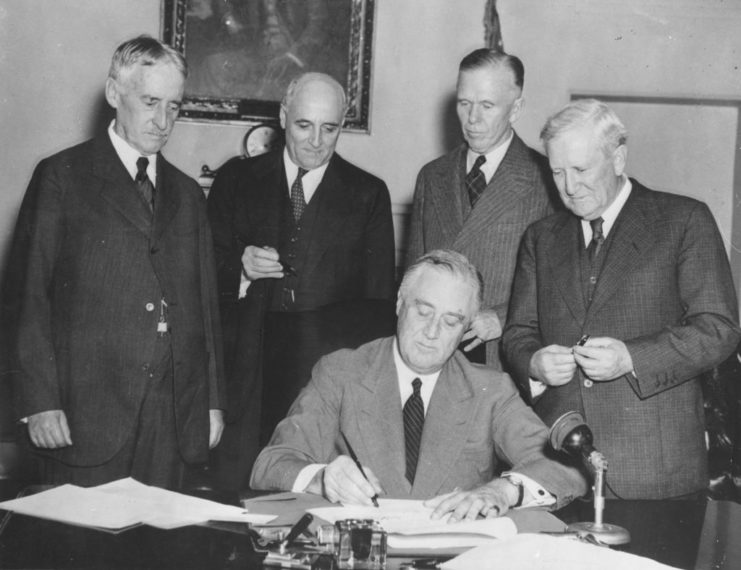
Paying for his actions… Maybe?
Andrew May’s mistakes during the war caught up with him—he lost his re-election bid in 1946. Not long after, he was put on trial for federal bribery charges. On July 3, 1947, after less than two hours of jury deliberation, he was found guilty. Although he tried to avoid serving time, he ended up spending nine months in a federal prison.
Murray and Henry Garsson were also sentenced to prison.
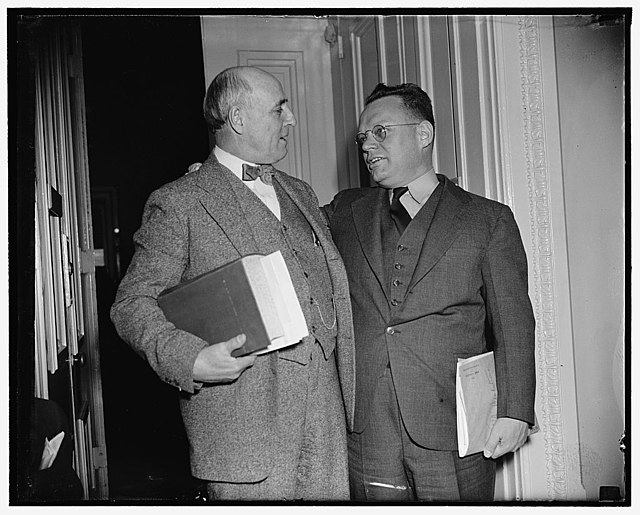
Even with his damaged reputation, May still had some pull in Democratic political circles. Thanks to those connections, he was able to get a full pardon from President Harry Truman in 1952. However, he wasn’t able to make a political comeback and instead returned to Kentucky, where he practiced law until he died.
